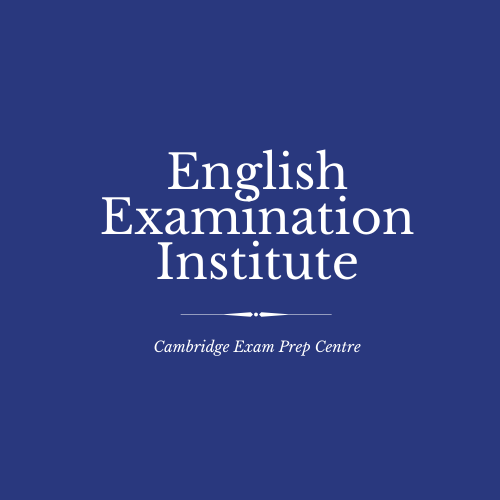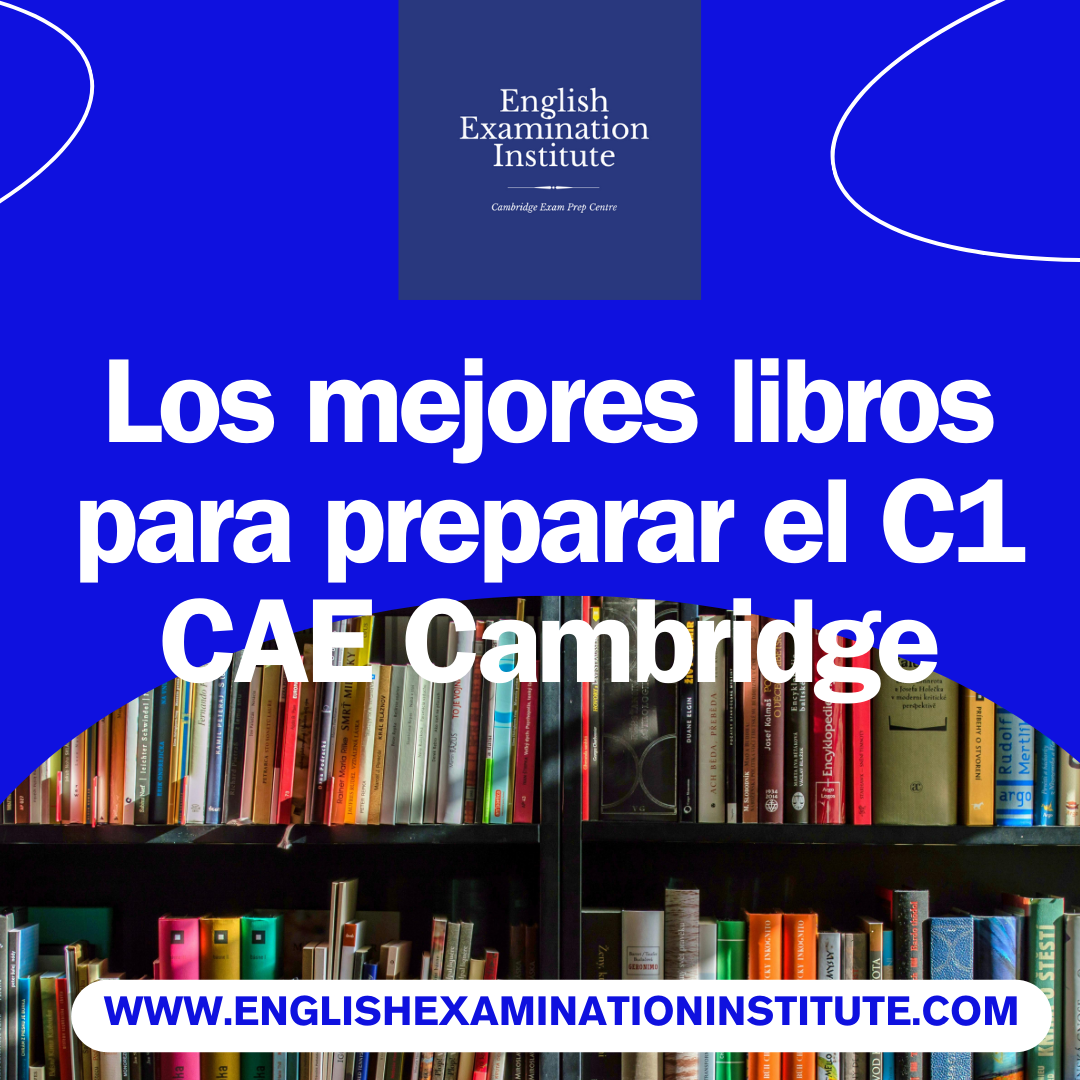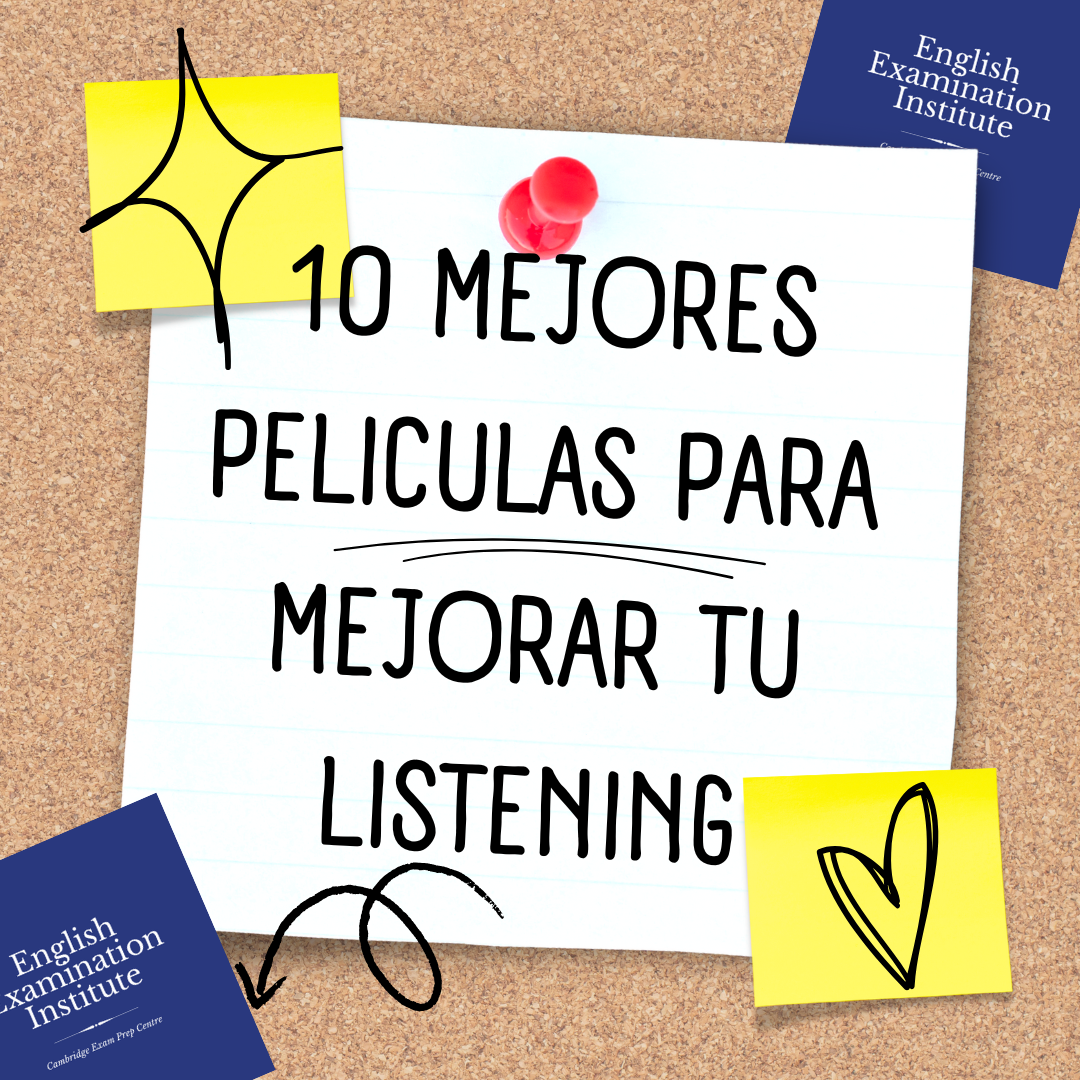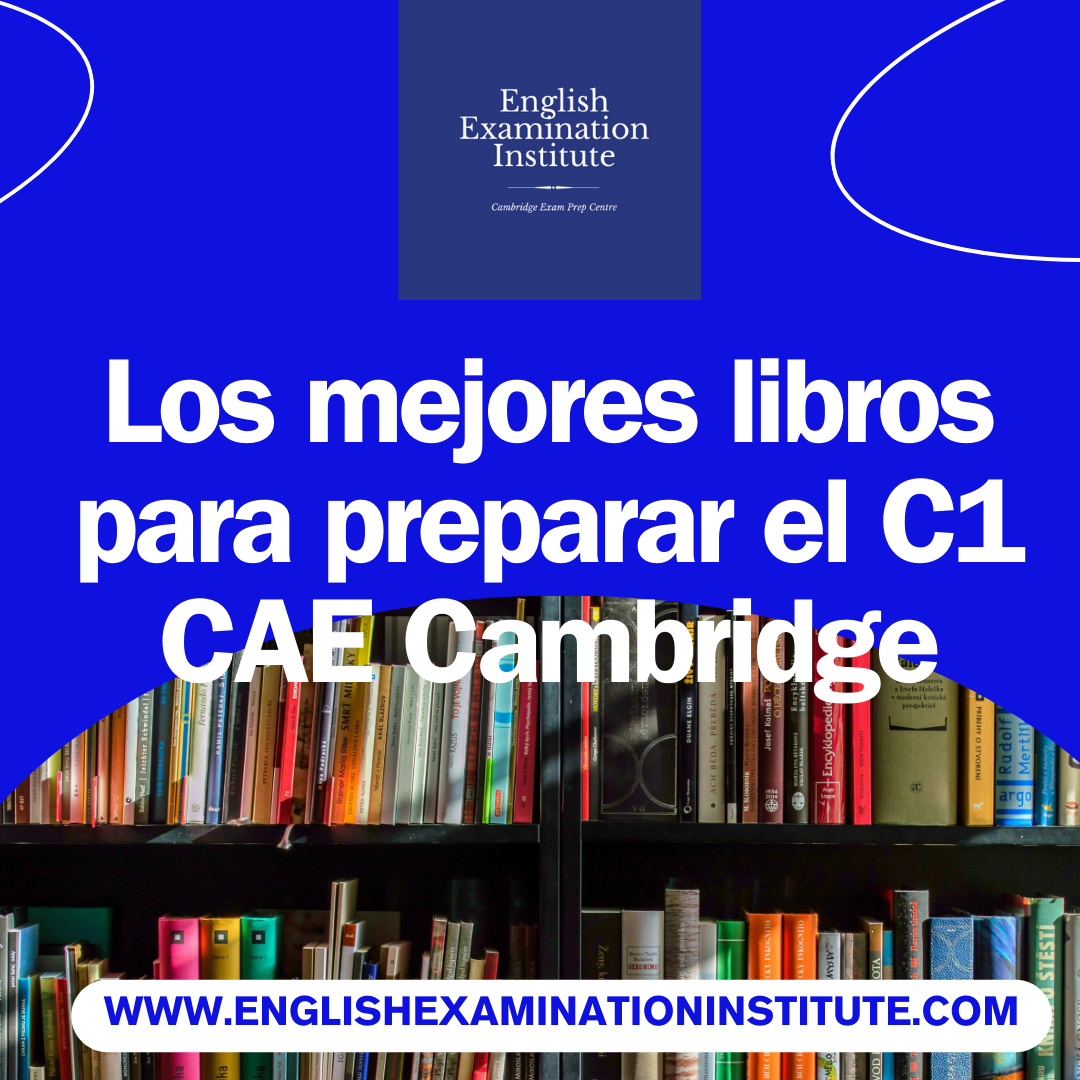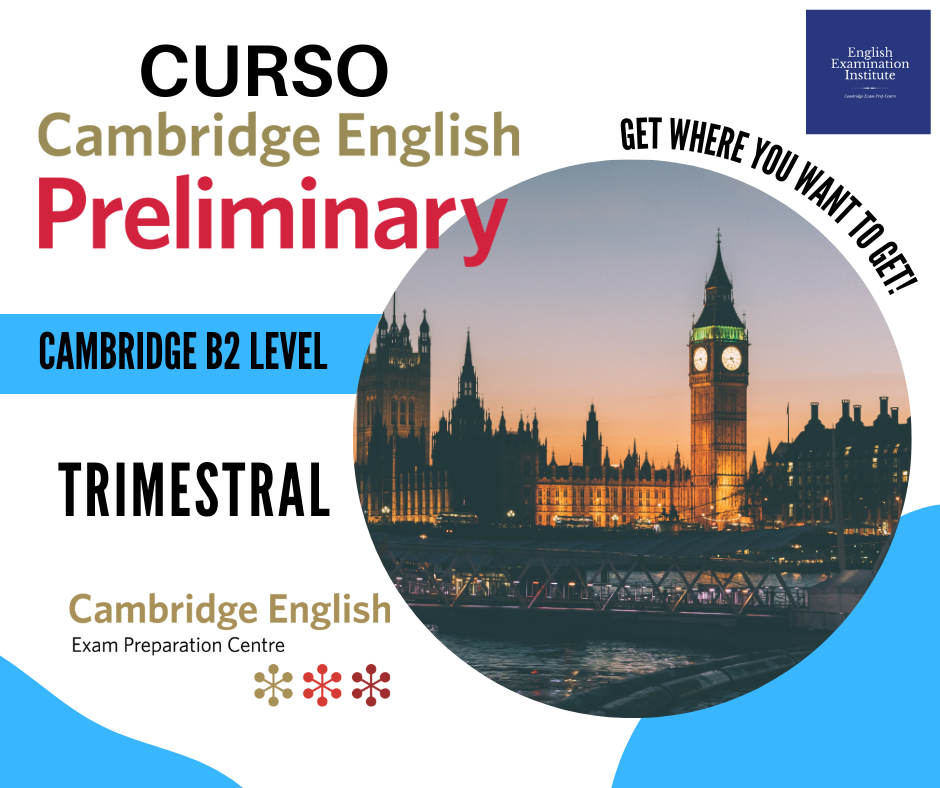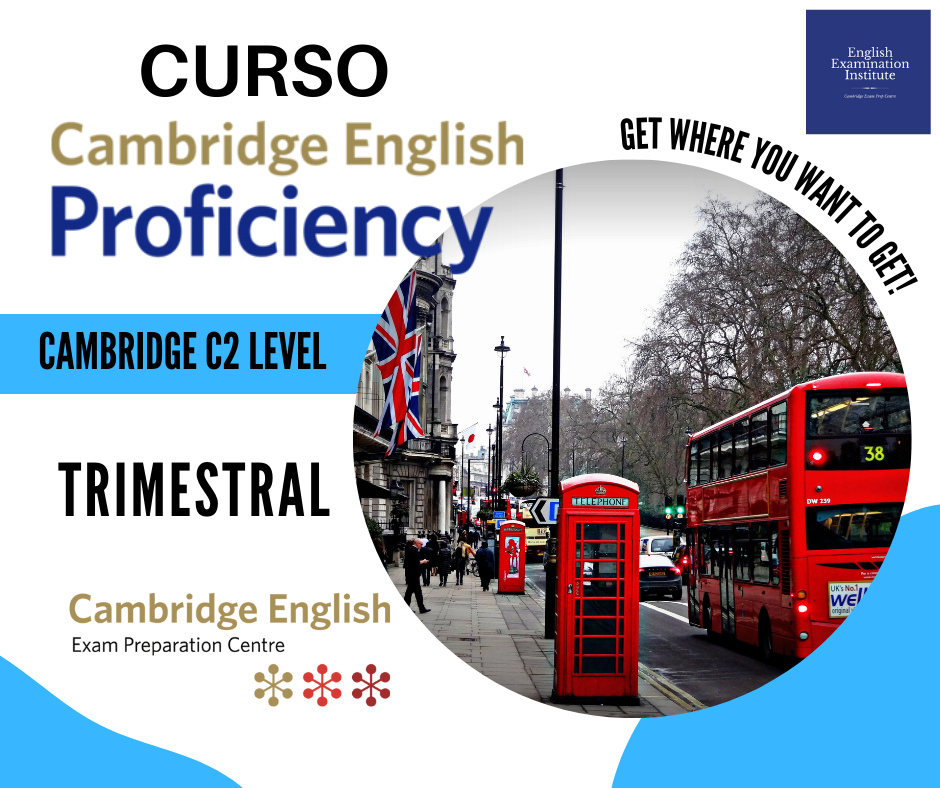Phrasal Verbs "Come" B2 (FCE) C1 (CAE) Cambridge
Phrasal Verbs con COME esenciales para exámenes B2 First Certificate y C1 Advanced de Cambridge
Phrasal Verbs con ”Come” para Exámenes Cambridge
Estos son los phrasal verbs con “COME” más usados y que más aparecen en exámenes de Cambridge:
To come about:Ocurrir
“New change árelo come about soon”
To come across : a) Toparse / b) Encontrarse con alguien
a) “I came across a toy I had not seen in ages”
b) I came across John the other day in the underground”
To come after: Perseguir a alguien para castigarlo
“My mother came after me when she found out I had broken the window”
To come along : Acompañar
“Would you like to come along with me and Peter?”
To come apart: Caerse a pedazos
“That plane looks like it is coming apart”
To come at: Atacar verbalmente
“When you get angry you should not come at people at the office”
To come back: Volver, recordar
“I hope you come back soon I miss you”
To come back to : Hablar de nuevo de algo
“I would like to come back to the idea we were chatting about previously”
To come before: Comparecer
“He came before the judge before he went to jail”
To come by: Visitar
“Why not come by after work?, We could have a drink”
To come down: Derrumbarse
“That building is so old it is going to come down in no time”
To come loose: Aflojarse
“I hope you take your car to the garage because if not your wheel is going to come loose”
To come out: Mostrarse
“After a while his real self will come out”
To come over: Visitar donde está el que visitas
“I would love you to come over to have lunch”
To come up with: Inventar, que se ocurra algo
“He always comes up with great ideas”
To come up : Subir
“It would be nice if you could come up to my flat and see the place”
